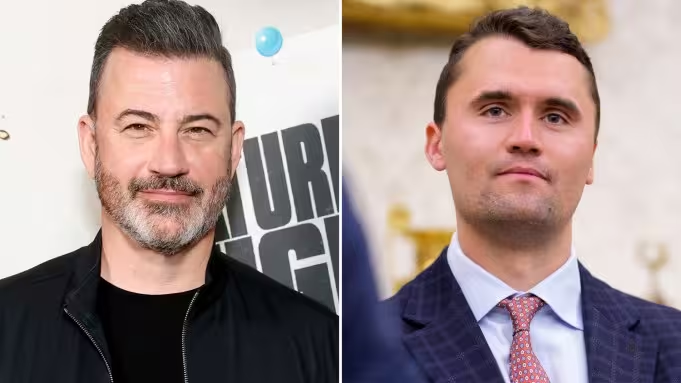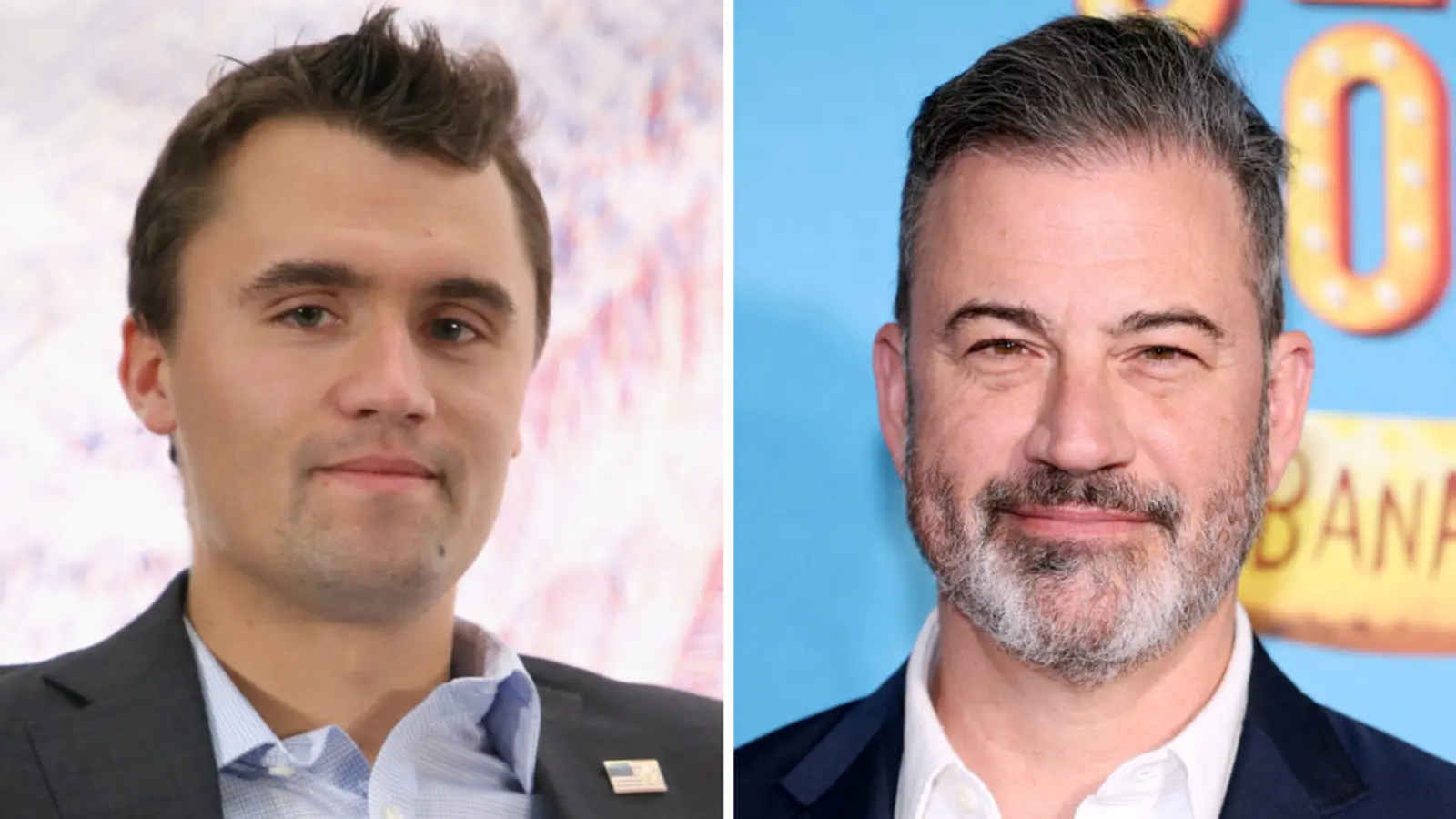5 Minutes
Immediate reaction: a late‑night voice calls for decency
When conservative activist Charlie Kirk was fatally shot during a Utah rally, the entertainment world reacted as much as the political sphere. Late‑night host Jimmy Kimmel — a familiar figure in American television and known for blending comedy with cultural commentary — posted a brief but pointed message on Instagram: “Instead of the angry finger‑pointing, can we just for one day agree that it is horrible and monstrous to shoot another human?” He added, “On behalf of my family, we send love to the Kirks and to all the children, parents and innocents who fall victim to senseless gun violence.”
A headline moment with cinematic echoes
That short exchange shows how television personalities now function like modern storytellers: shaping public emotion, guiding narrative frames, and even influencing how filmmakers and documentarians respond to raw events. For a global audience that follows film, series and arts coverage, the collision of politics, violence and celebrity raises questions about how the screen — both small and large — will interpret and memorialize such moments.
From late‑night monologues to cinematic narratives
Jimmy Kimmel’s career — long anchored in late‑night television — has frequently intersected with politics. In recent years he and other hosts have become content factories for reaction, commentary and sometimes cultural catharsis. That role is mirrored in cinema: directors like Oliver Stone (JFK) and documentaries such as Alex Gibney’s investigative films translate political violence into narrative. Similarly, contemporary streaming platforms rapidly commission true‑crime and political documentary series that offer deep dives into shootings and public trauma.

Comparisons and trends
For readers of film criticism, the moment invites comparison with works that handle political violence sensitively. Films like Spotlight and All the President’s Men treat institutional fallout and grief with reverence, while series such as When They See Us demonstrate the ethical stakes of portraying real victims. In contrast, sensationalistic true‑crime shows can commodify tragedy — an industry trend that filmmakers and showrunners are increasingly critiquing.
Industry context: why this matters to film and television
The way networks, streaming services and filmmakers respond affects production choices. Studios must decide whether to produce rapid‑turnaround documentaries, authorize biopics, or leave contemporary events untouched. Audience appetite for political documentaries and politically charged dramas has grown post‑2016; viewers often demand nuance over clickbait, prompting a cautious but persistent move toward investigative and character‑driven storytelling.
Behind the scenes and fan reception
Responses to Kirk’s death were swift across social platforms, with politicians and entertainers weighing in. Kimmel — who has publicly sparred with former President Donald Trump and has even discussed obtaining Italian citizenship during turbulent political times — represents a type of public figure whose commentary can influence both ratings and cultural conversation. Fans of late‑night television regularly debate whether hosts should react immediately or give space for investigation and reflection.
Ethics, dramatization and a critic’s view
There’s a tightrope between memorializing an event and exploiting it for entertainment. Film critic Anna Kovacs, a veteran analyst of political cinema, notes: "When television personalities comment on violent events, they shape how future filmmakers frame the story. Responsible dramatization requires time, research and respect for victims' families — otherwise, the outcome is shallow and sensational." Her observation highlights the duty filmmakers and showrunners face when adapting recent tragedies.
What this means for audiences and creators
For film and series enthusiasts, the intersection of late‑night commentary and real‑world violence signals several things: a continued demand for well‑researched political documentaries; a need for ethical storytelling in dramatizations and biopics; and a reminder that media figures like Kimmel both reflect and shape public grief. As streaming platforms compete for attention, the best responses will likely be careful, context‑rich projects that prioritize truth over speed.
Conclusion: storytelling responsibility in a charged moment
Jimmy Kimmel’s plea for a day without “angry finger‑pointing” is a simple human appeal, but it also underscores a broader cultural responsibility. Filmmakers, showrunners and late‑night hosts operate in a shared storytelling ecosystem: how they respond now will influence the films and series audiences watch next year. For creators, the challenge is clear — turn raw tragedy into narratives that illuminate rather than exploit, and let ethics guide both art and commentary.
Source: deadline


Leave a Comment